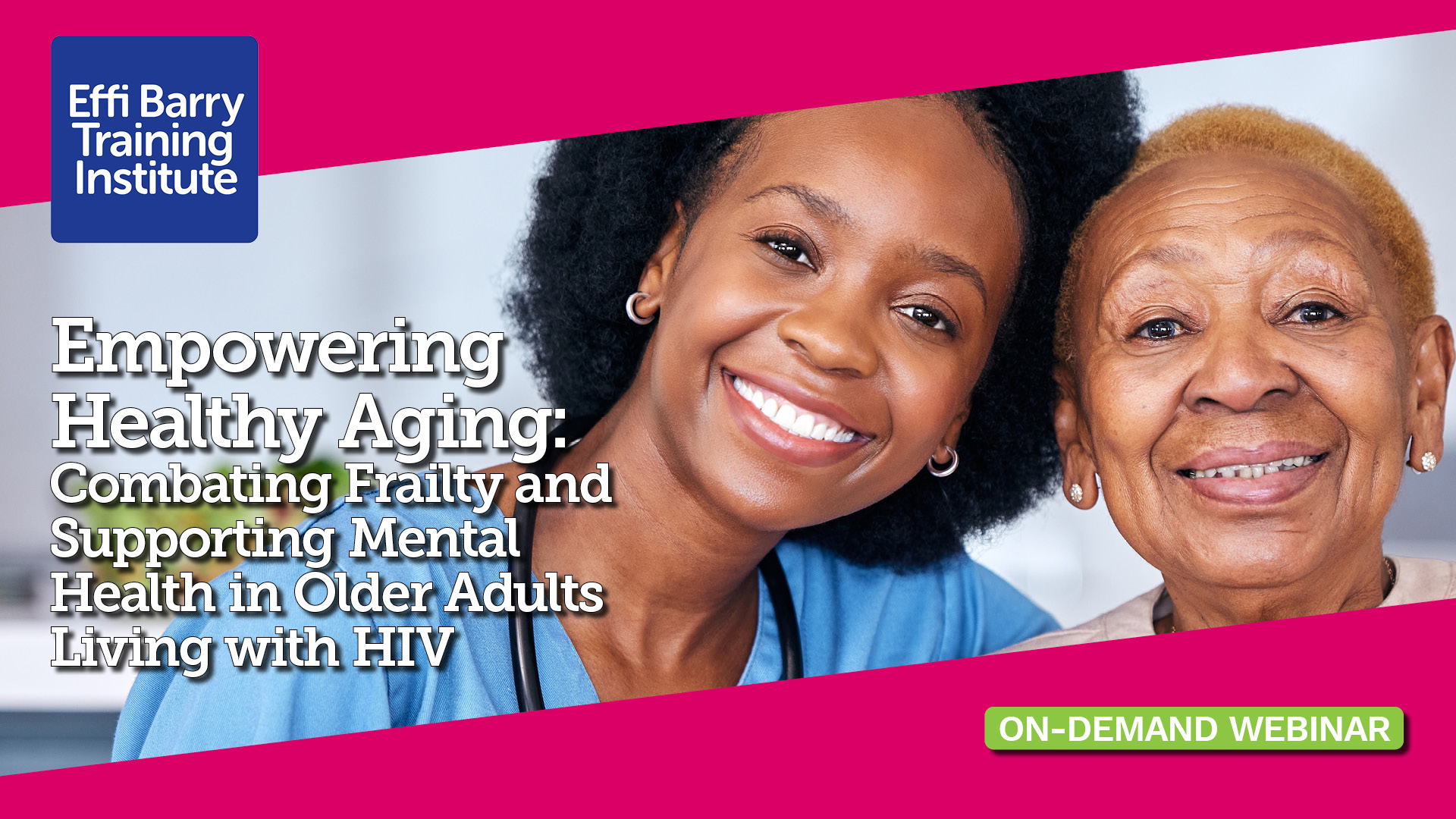
Empowering Healthy Aging: Combating Frailty and Supporting Mental Health in Older Adults Living with HIV
November 21, 2025This engaging two hour session will focus on helping older adults living with HIV stay strong in body and mind. Learn how to fight frailty, boost emotional wellness, and build resilience among older adults living with HIV – helping them to not just survive, but truly thrive!

Expanding Access: Models for Opt-Out Testing in Emergency Departments
November 20, 2025This webinar will share interim data and lessons learned from the “Touch Points” opt-out testing and linkage to care initiative, and explore benefits and limitations of different models for opt-out HIV testing implementation.

The Prevention Generation: Evolving Strategies to Engage Youth
November 18, 2025The “The Prevention Generation: Evolving Strategies to Engage Youth” webinar is designed to empower professionals to take an active role in engaging youth in HIV prevention. “The Prevention Generation” will discuss innovative and effective engagement strategies, share real-world experiences from youth-focused professionals, and promote actionable steps to help keep the next generation engaged in reducing the spread of HIV.
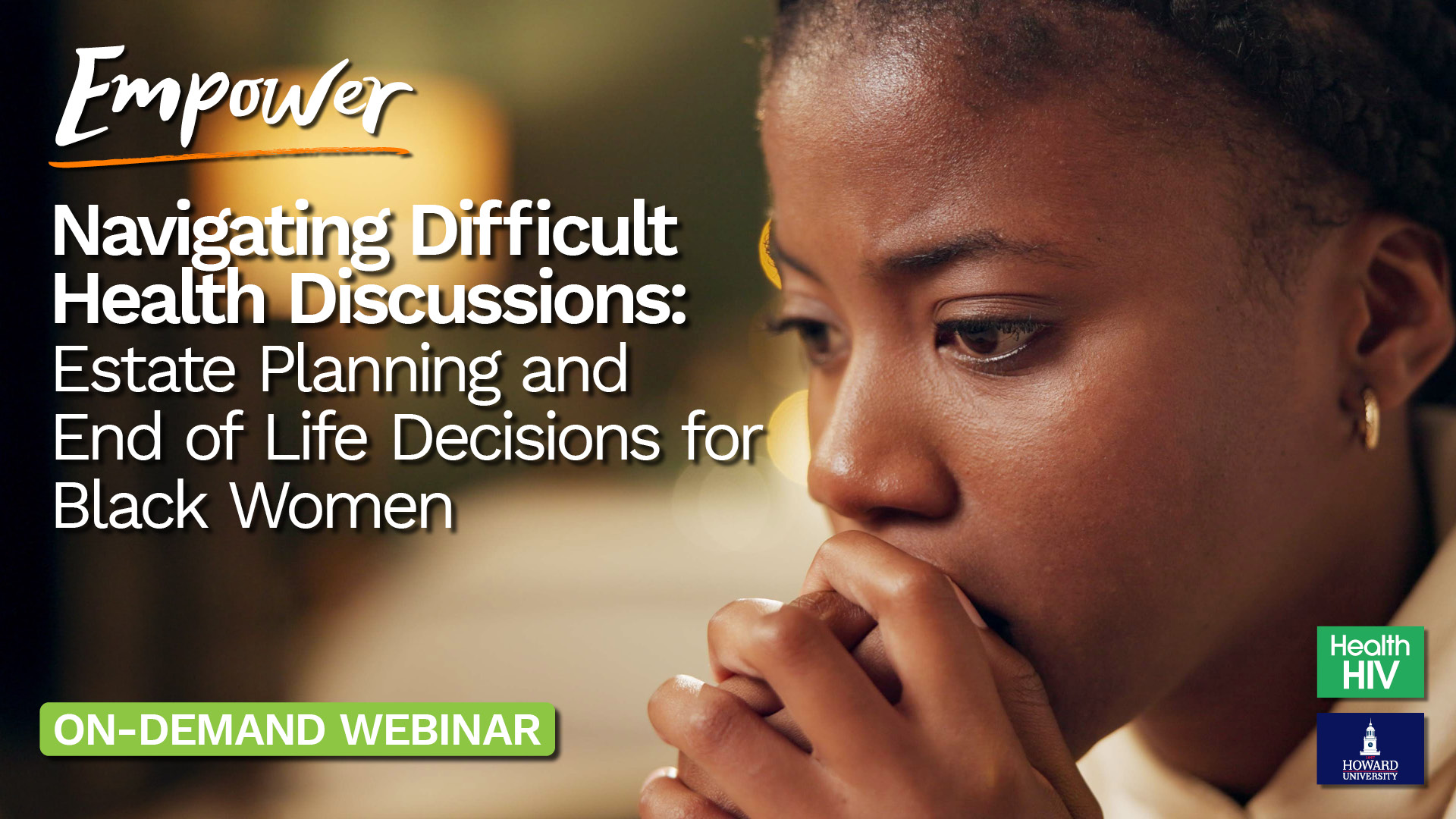
Navigating Difficult Health Discussions: Estate Planning and End of Life Decisions for Black Women
July 29, 2025This webinar addresses essential yet challenging conversations around estate planning, advance directives, DNR orders, living wills, life insurance, and death doulas, with a focus on Black women, including those living with HIV and other chronic illnesses.
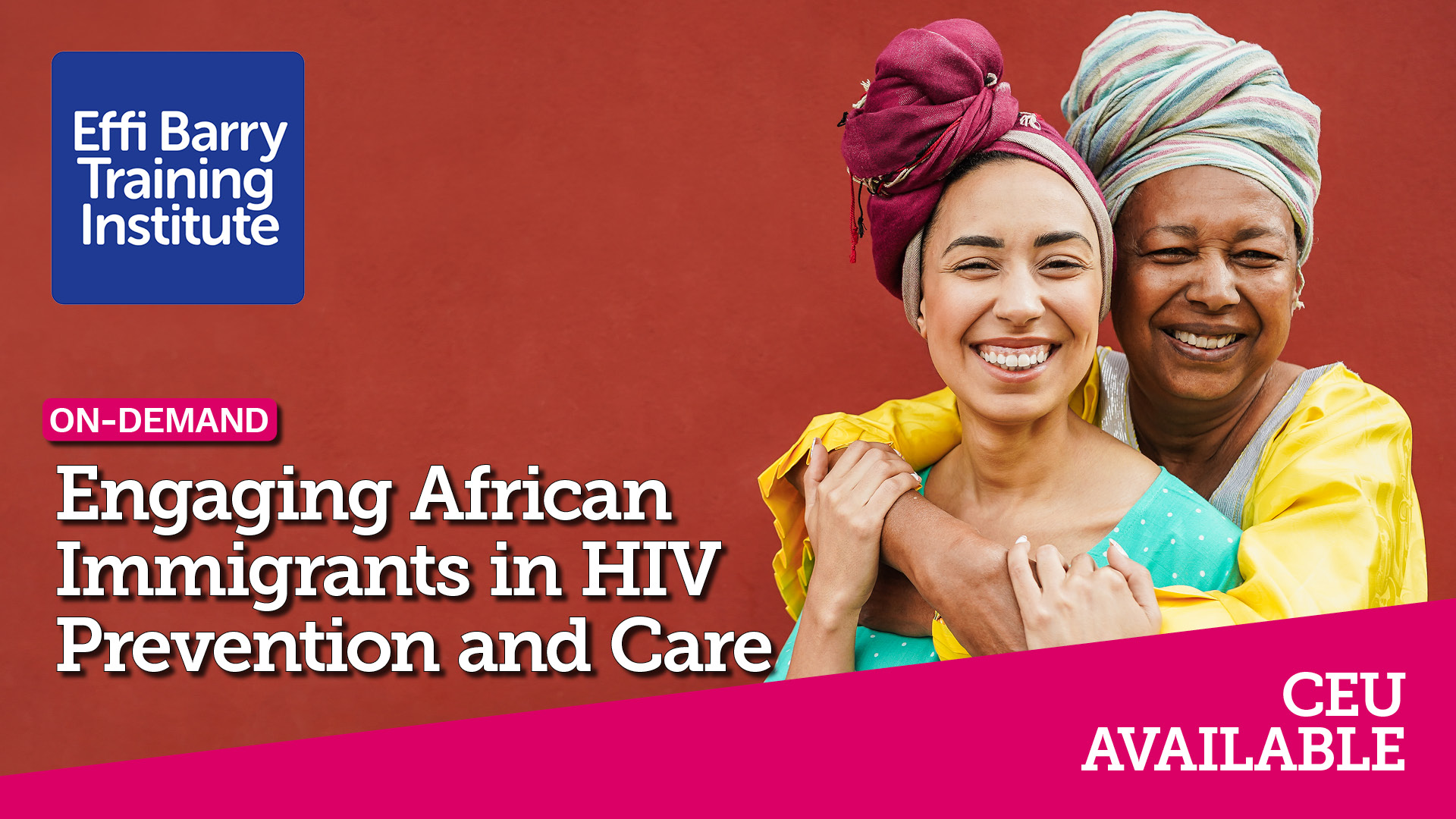
Engaging African Immigrants in HIV Prevention and Care
July 24, 2025Engaging African Immigrants in HIV Prevention and Care is a self-paced e-learning course designed to equip healthcare and service providers with culturally responsive strategies to improve HIV prevention, testing, and care engagement among African immigrant communities.
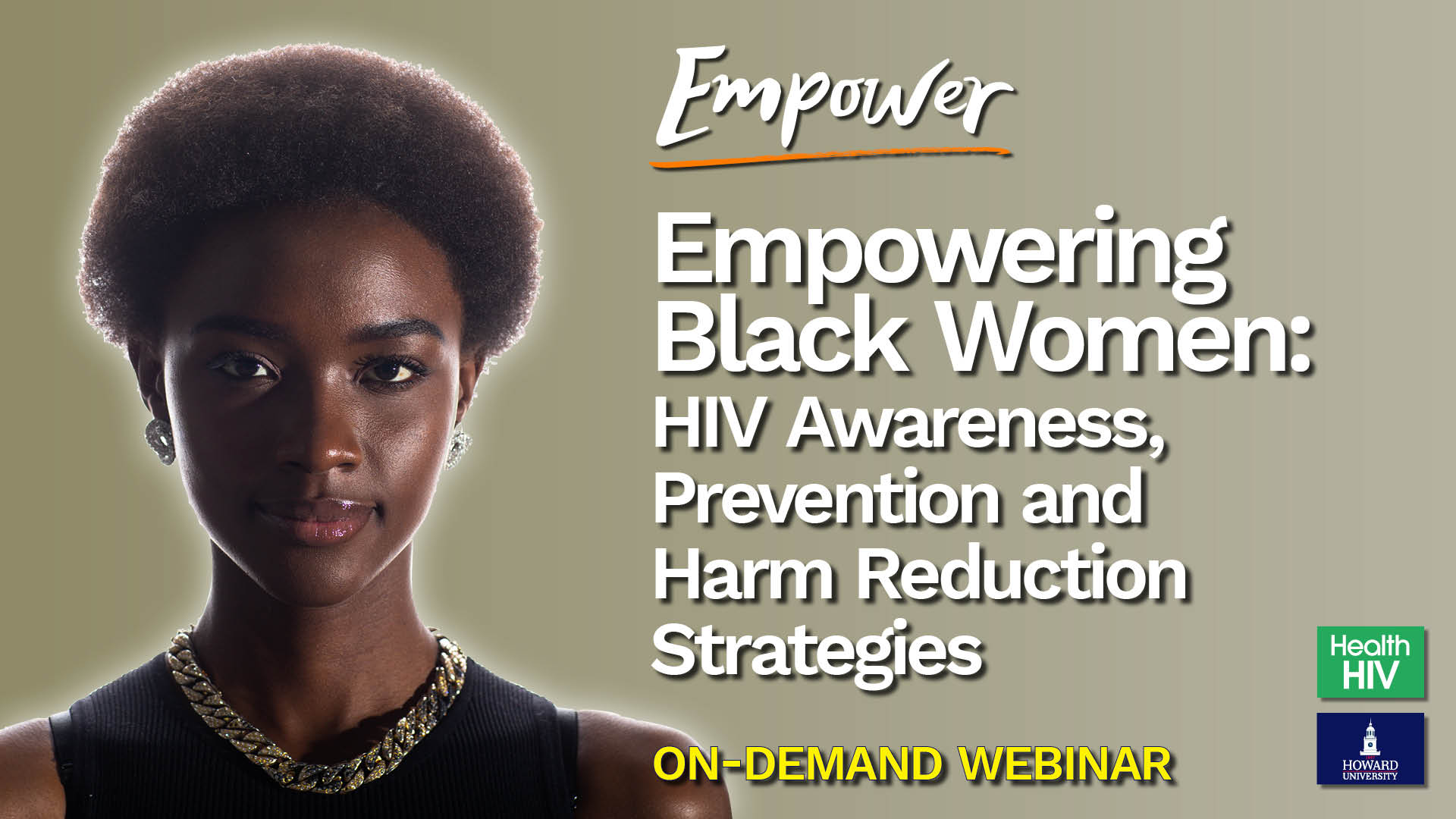
Empowering Black Women: HIV Awareness, Prevention and Harm Reduction Strategies
June 25, 2025This webinar empowers Black women with essential knowledge on HIV prevention, awareness, and harm reduction. Participants will learn about the unique challenges faced by Black women, effective prevention methods, the importance of early detection, and practical strategies to reduce HIV risk.
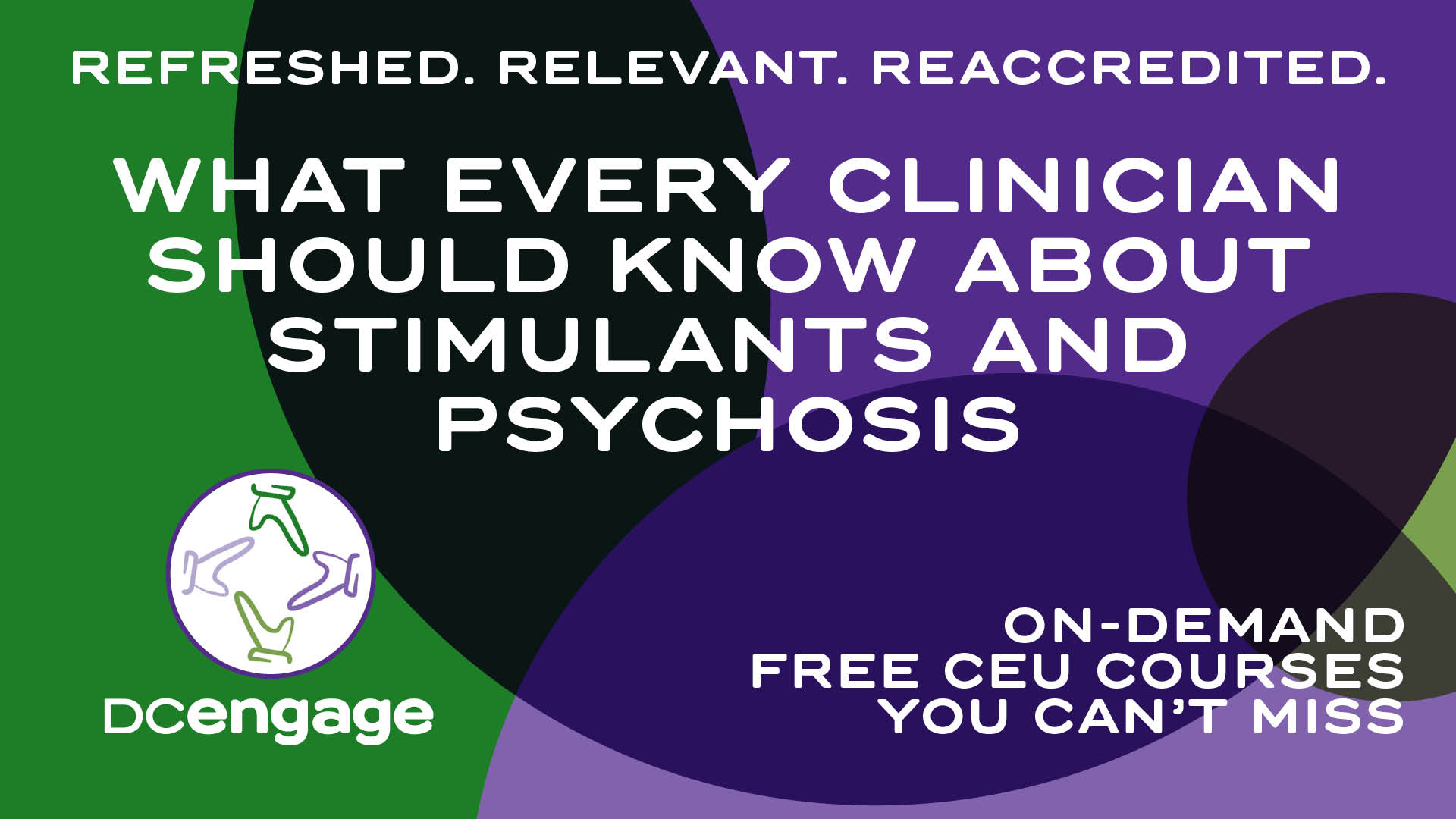
Stimulants and Psychosis: Prescription Stimulant Misuse and Abuse
May 9, 2025This course gives providers the tools necessary to better identify prescription stimulant misuse and abuse and how to address these concerns before they develop into chronic issues.

Stimulants and Psychosis: Etiology, Epidemiology, and Management
This course highlights the prevalence and causes of stimulant-based psychosis, describes how to care for a patient experiencing stimulant-based psychosis, and provides resources for individuals who experience this type of psychosis.
Needs of Returning Citizens with Substance Use Disorders
This module covers the various health and social needs of previously incarcerated individuals with substance use disorders upon returning home to their Washington, D.C. communities.
Integrative Harm Reduction Psychotherapy: The Seven Therapeutic Tasks, Skills and Strategies
Integrative Harm Reduction Psychotherapy consists of seven therapeutic tasks: managing the therapeutic alliance, the therapeutic relationship heals, enhancing self-management, assessment as treatment, embracing ambivalence, harm reduction goal setting and personalized planning for positive change.
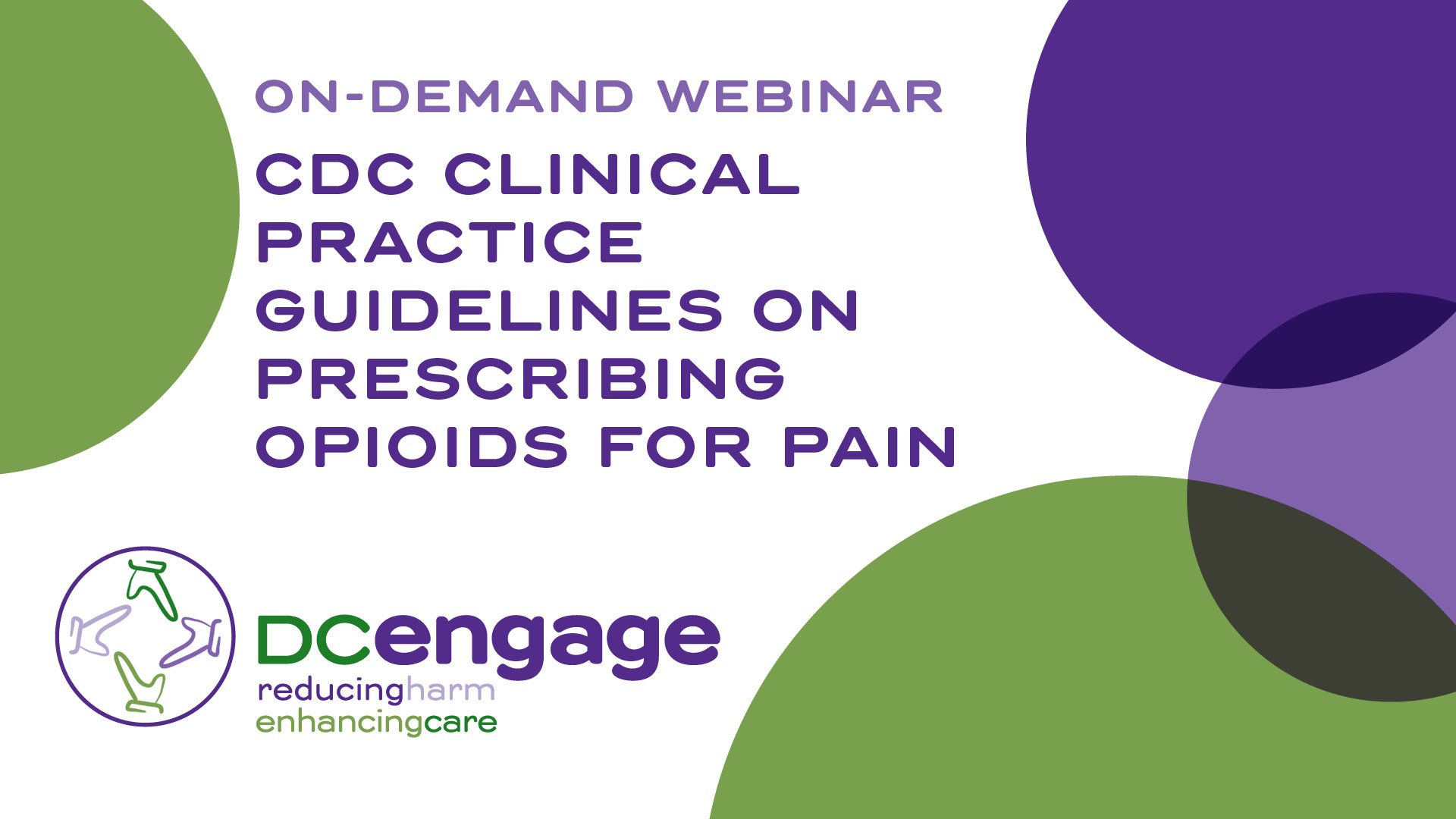
CDC Clinical Practice Guidelines for Prescribing Opioids for Pain
May 7, 2025This webinar will cover the CDC Clinical Practice Guideline for Prescribing Opioids for Pain, focusing on key recommendations, patient safety strategies, and practical approaches for effective pain management.
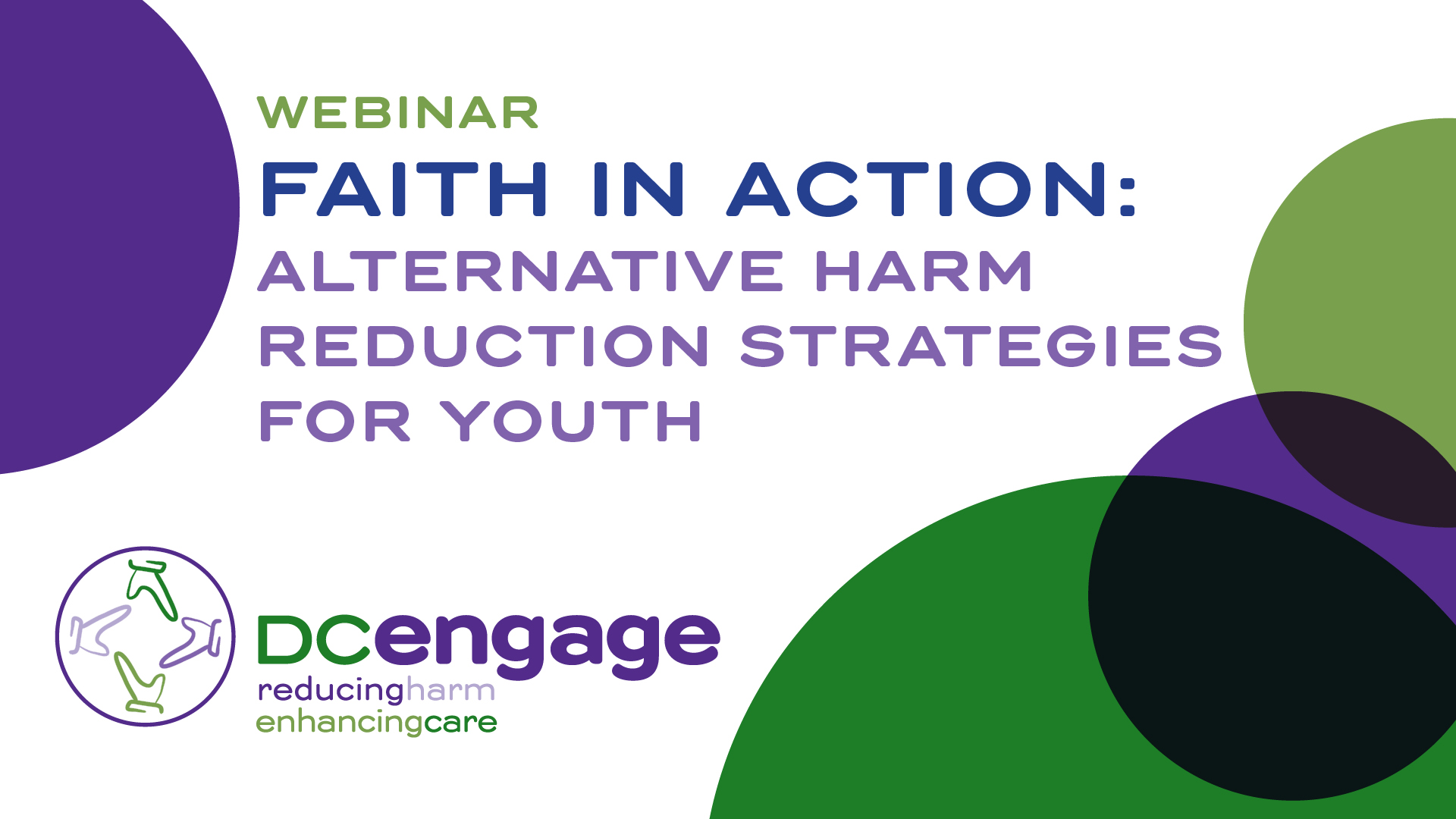
Faith in Action: Alternative Harm Reduction Strategies for Youth
April 29, 2025Join us for an insightful and transformative presentation as we explore the intersection of faith, community support, and youth well-being. In this panel discussion, we will examine alternative harm reduction strategies for addressing substance use, mental health challenges, and risky behaviors among young people in our congregational settings.

